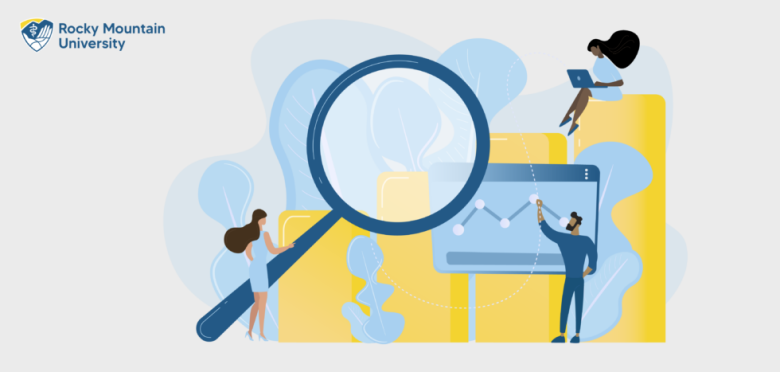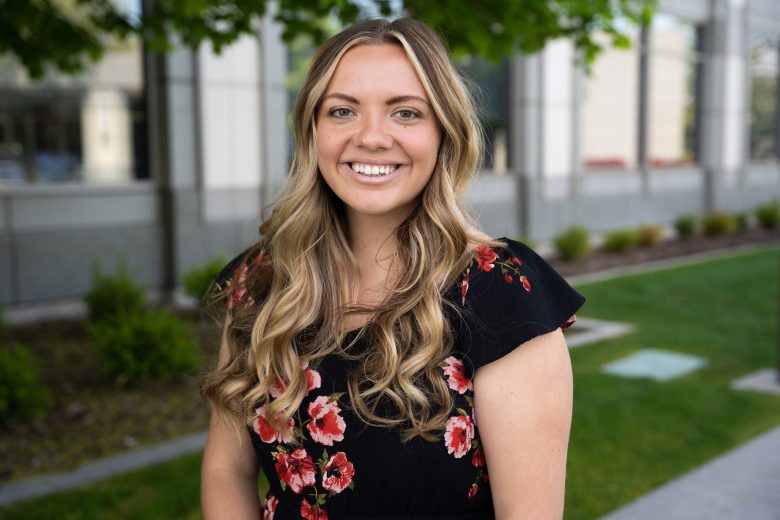
Doctor of Medical Science (DMSc) program director Bartley Rust, DHSc, PA-C, discusses the importance of overcoming the mental health stigma to help people who struggle with depression.
Sometimes the biggest issue for patients is overcoming the stigmas surrounding mental health disorders. “We’ve made some strides,” said Rust. “There are folks out there that are advocating for people who struggle with mental health disorders; however, there’s still a little bit of a stigma. So I’ll run into patients who are reluctant to talk about mental health concerns.”
Rust explained that, along with overcoming stigma, there can be a challenge of properly diagnosing these disorders. “With any disorder, any health problem, we talk about risk factors,” said Rust. “Unfortunately, some of the risk factors for depression may sound similar to some risk factors for some other disorders.”
To properly diagnose these disorders, it is important to be aware of the symptoms associated with them. Rust also explained the importance of everyone’s awareness of them.
“It’s really incumbent upon the healthcare community, friends, and family of those who struggle with depressive disorders to reach out,” said Rust.
He added, “It is perfectly appropriate for a loved one to bring up the topic with someone that you feel may be depressed. Sometimes it’s difficult to find the right words. Some of the words that we’ll use in the clinical setting, which I think are also appropriate in the community, are ‘Has it gotten so bad that you’ve had thoughts about harming yourself?’ Our primary concern is for that person’s safety and the safety of others. So to assess for suicidality–that is a question that we’ll commonly ask. Then, if there’s a ‘Yes’ response to that, we need to dig a little bit deeper.”
While it is good to help spot that someone is experiencing a depressive disorder, it is not necessary or even advisable to provide nonprofessional treatment. “You’re certainly not expected to provide the treatment to someone for their depression,” said Rust. “I compare it to someone that’s having a heart attack. If you find out that a loved one or a coworker–someone is having chest pain, crushing chest pain, you’re not going to attempt to treat that. You’re going to treat that as a medical emergency because it is. You’re going to activate the emergency medical service; you’re going to call 911.”
For more information regarding depressive disorders, contact your primary care provider. Listen to the entire podcast episode here.



